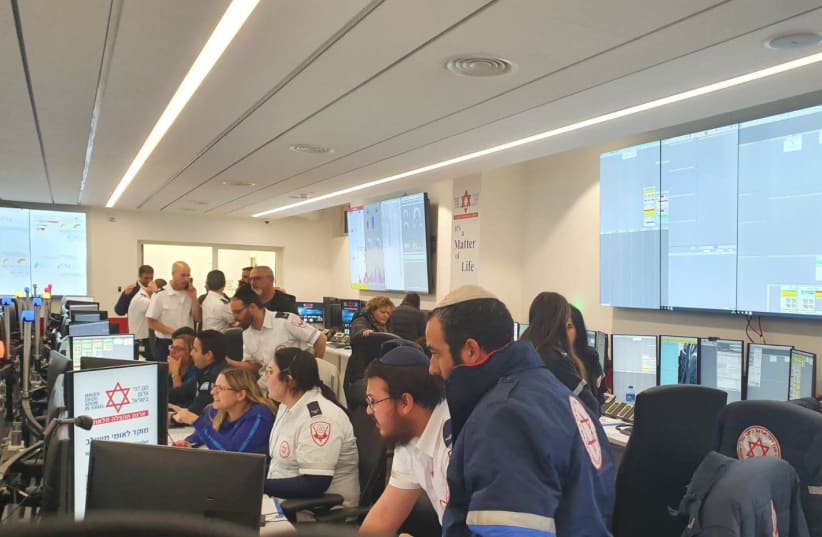Israel's MDA to treat coronavirus patients with new 'passive vaccine'
This assumes that those who have recovered from COVID-19 have developed special anti-virus proteins or antibodies in their plasma, which could therefore help sick patients cope with the disease.
